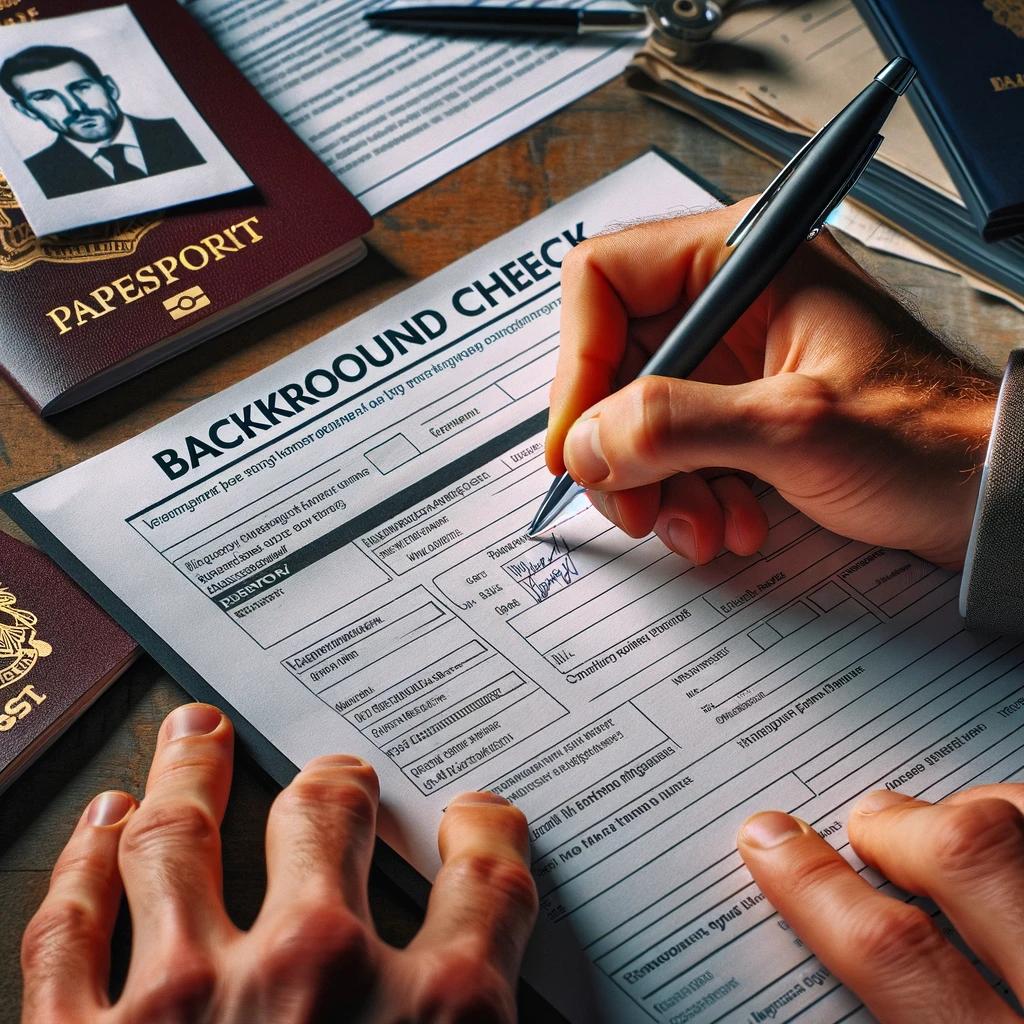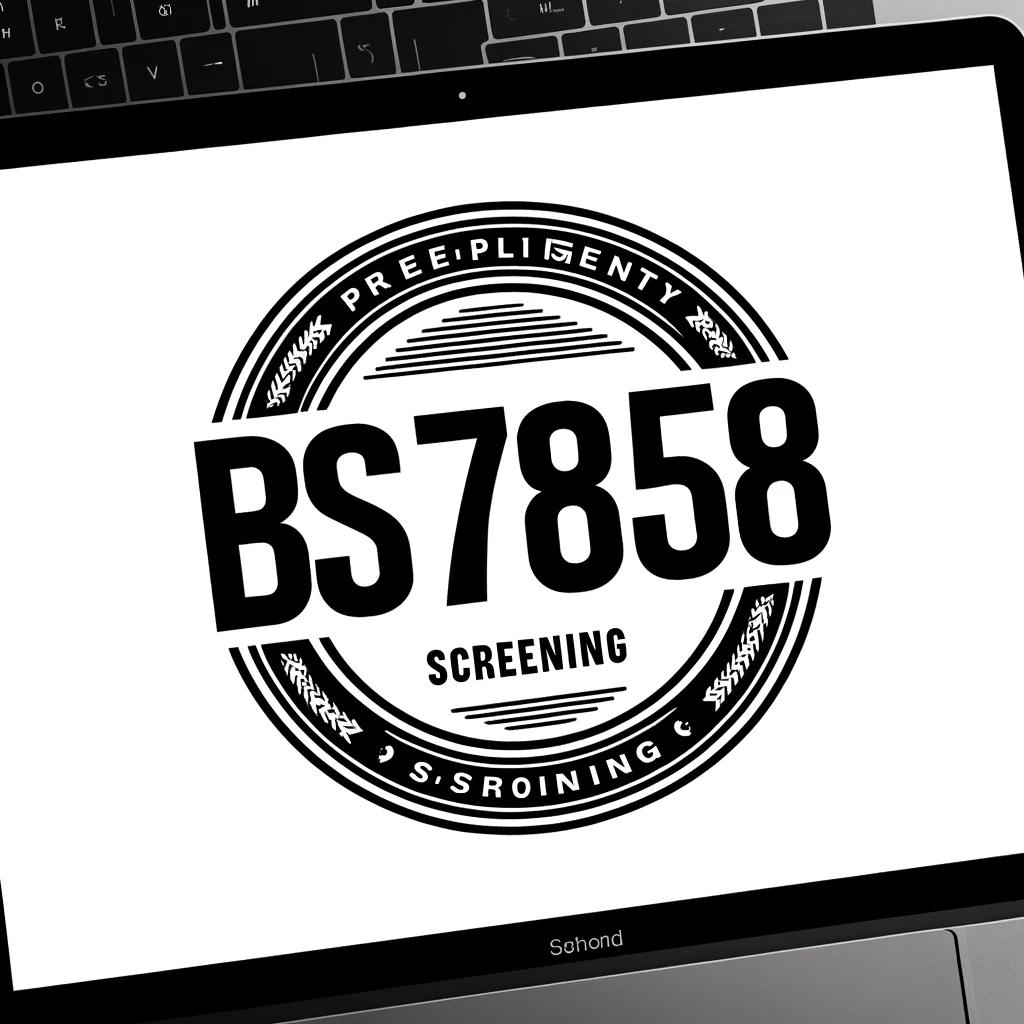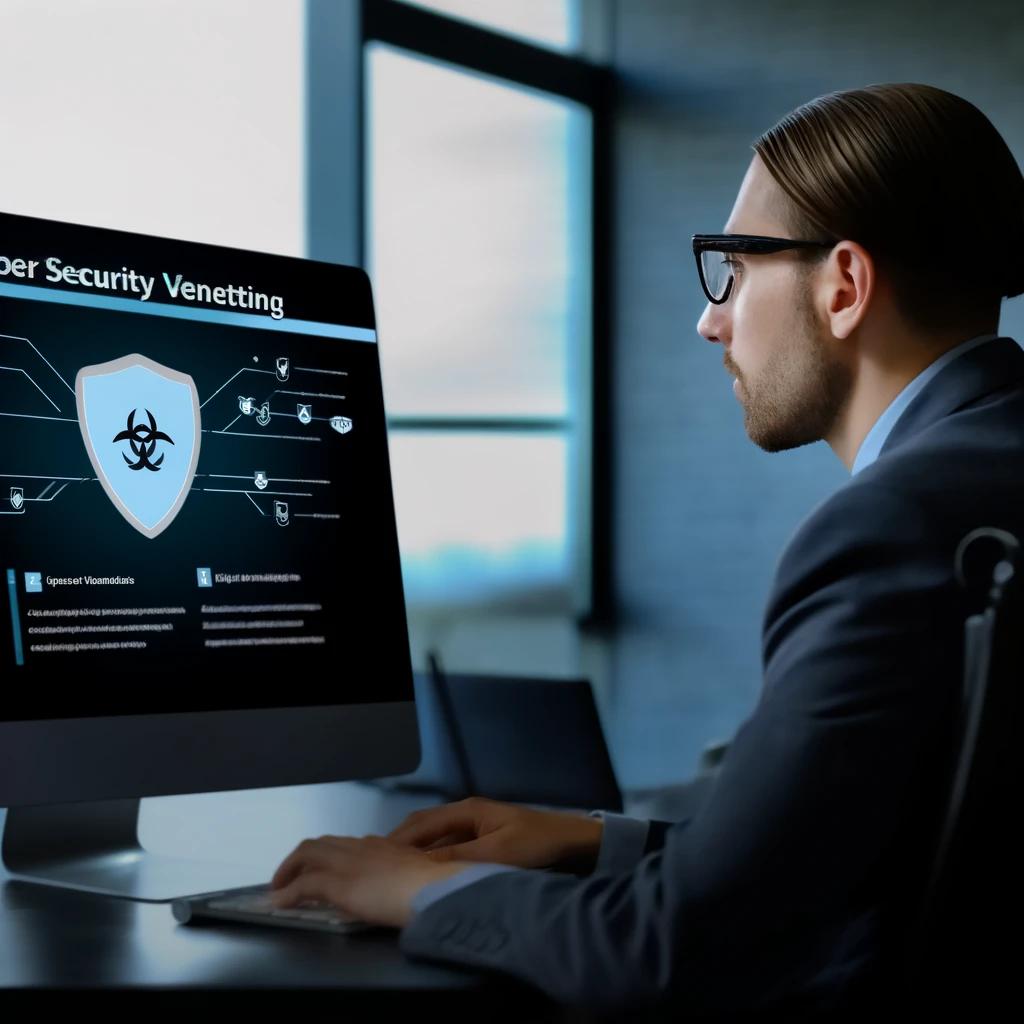

What Is Proof of Address for Security Clearance?When you're trying to get security clear-ance, you need to show a document that proves where you live. This is usually something like a recent bill for your gas or electricity, a statement from your bank, or a letter from the government.
They check this to make sure you live where you say you do. It's a really important part of making sure you're who you say you are, which is a big part of keeping things secure.
What Is Proof of Address for Bpss Clearance? For BPSS clearance, you need to show a document that says where you live. This is called proof of address. It can be a bill for your gas, electricity, or water, a statement from your bank, or a statement of your council tax. It should be from the last three months.
This is needed to show that you're trustworthy. People who check these documents will look at the information carefully and check where you've lived before. It's really important to be accurate because this is part of the process to get BPSS clearance.
The BS7858 vetting process is a detailed security check you go through if you're going to work in places that need high security. It makes sure you're who you say you are, looks at where you've worked for the past 5 or 10 years, and does basic criminal record and credit checks.
It's not required by law, but you have to do it if you want approval under the SIA Approved Contractor Scheme. It helps prove that you're trustworthy and dependable.
What Is BS7858 Security Screening of Individuals Employed in a Security Environment? BS7858 is a detailed background check for people who work in places where security is important. It confirms who you are, looks into your job history, checks your financial sta-bility, and checks for any legal penalties. It's not a legal requirement, but it's needed if you want the stamp of approval from the SIA Approved Contractor Scheme.
Even though it's a tough process, it's important for companies to make sure they're hiring reliable people. This background check is good for five years after it's issued.
In simple terms, showing proof of address for BS7858 isn't just about showing some doc-uments. It's a very important step to confirm who you are and to make sure everything is safe. You need to understand how to verify your address and how to deal with any issues that might come up. You must be ready for this.


It's important to remember that whether you're using a utility bill or bank statement to show your address, it has to be recent and valid. So, don't think this step isn't important - it's a big part of your BS7858 checks.
The UK's BS7858 checks are grounded in a mix of data protection, privacy, and employment legislation. BS7858 offers a framework for securely screen-ing personnel who work in sensitive roles or handle confidential infor-mation. Although not a legal mandate, BS7858's adoption is guided by var-ious legal standards to guarantee the screening is done both lawfully and ethically.
At the heart of BS7858's legal foundation is the Data Protection Act 2018, integrating the UK General Data Protection Regulation (UK GDPR). This leg-islation regulates the handling of personal data, demanding that infor-mation gathered during the screening process is managed in a lawful, fair, and transparent way. It's crucial for organizations to collect personal data that is pertinent, necessary, and proportionate to the goals of maintaining security and determining an individual's suitability for a role.
The Human Rights Act 1998, embedding the European Convention on Hu-man Rights into domestic UK law, is also instrumental. Article 8, in particu-lar—the right to privacy for one's personal and family life—needs careful consideration during BS7858 screenings. Employers must weigh the need for comprehensive screening against the individual's privacy rights to up-hold security standards.
Furthermore, the Rehabilitation of Offenders Act 1974 impacts the BS7858 screening, especially regarding criminal records. This act allows for certain convictions to be rendered 'spent' after a defined timeframe, thus not re-quiring disclosure to employers, except in specific circumstances. For posi-tions under BS7858 scrutiny, employers might have the right to inquire about spent convictions due to the roles' sensitive nature.
Lastly, compliance with employment laws, such as the Equality Act 2010, which addresses discrimination, is essential throughout the BS7858 screen-ing process. It is imperative for employers to ensure the screening is unbi-ased, treating all candidates equally regardless of race, age, gender, reli-gion, disability, or other protected traits, thereby adhering to employment legislation. This ensures the screening is conducted fairly, consistently, and in compliance with the law.


Transitioning from the emphasis on reliability found in the BS7858 Security Screening Overview, the distinctions between the different iterations of the standard highlight considerable improvements in the screening methodology.
1. The 2019 update of BS7858 advised conducting social media examinations, a step not included in its 2012 predecessor, signaling an evolution towards incor-porating digital footprint assessments in the screening process.
2. The requirement for character references was eliminated in the latest BS7858 up-date, simplifying the screening procedure and shifting the focus towards more tangible, verifiable checks.
3. Inclusions of checks against global watchlists in the BS7858:2019 edition ex-panded the range of background investigations to encompass international da-tabases, aiming for a more thorough security assessment.
4. The 2019 update also defined a specific timeframe for keeping candidate rec-ords, establishing clear guidelines for the duration vetting data should be main-tained for audit and compliance reasons.
Elevating Security Through BS7858 Vetting: A Comprehensive Guide
